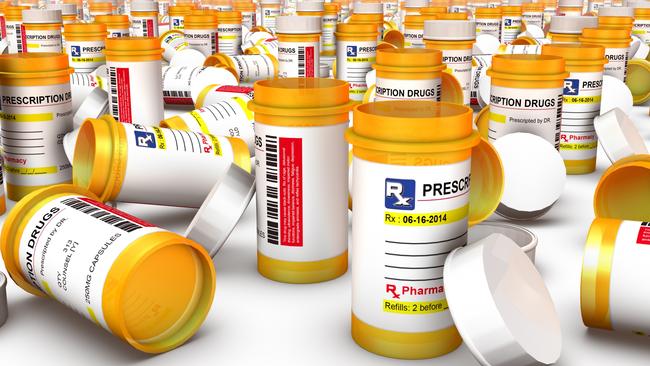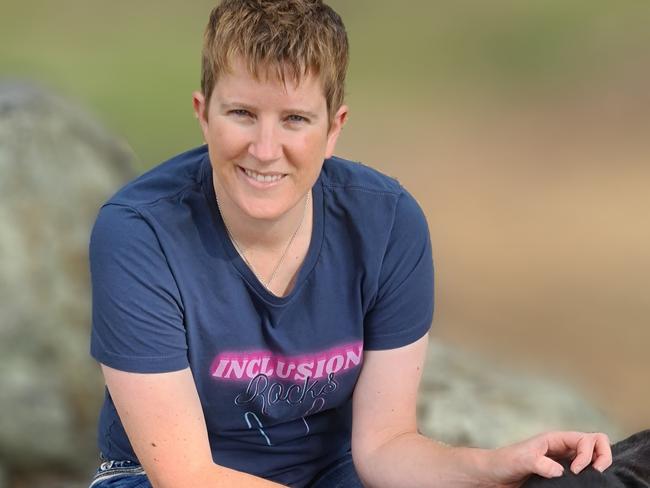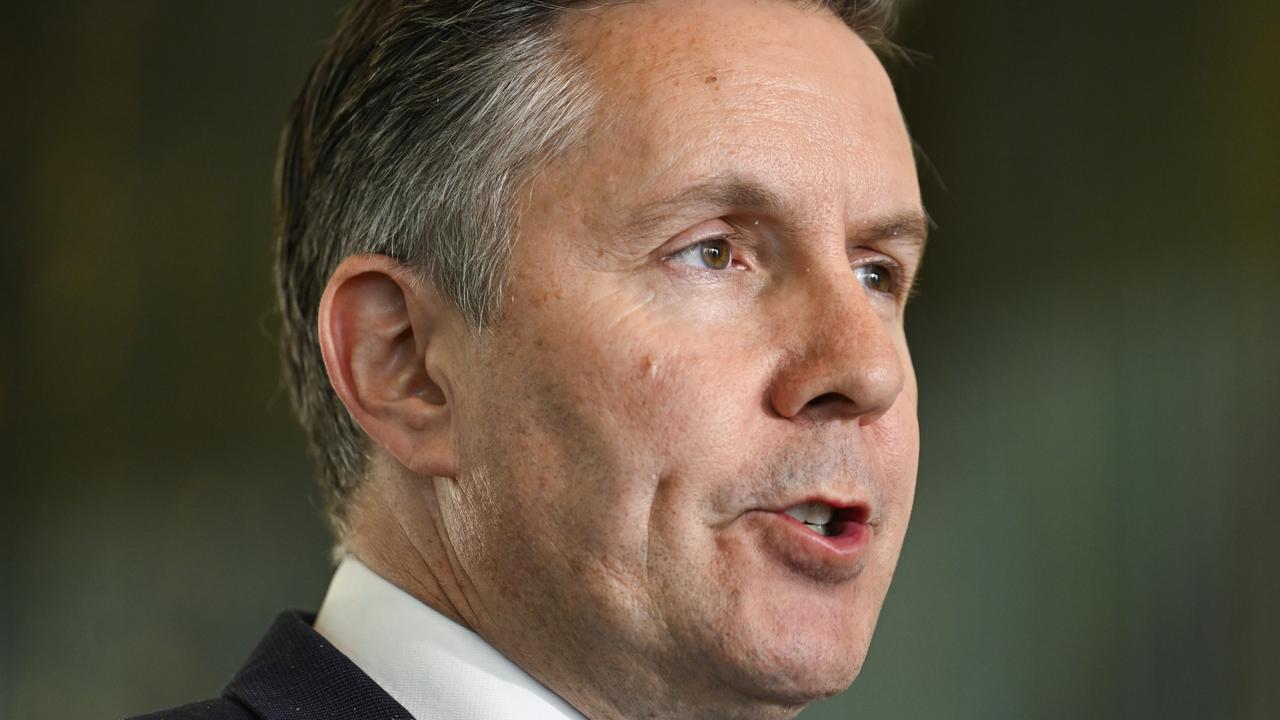US rules mean Aussies may have to wait years for breakthrough medicines
Australians are paying thousands of dollars for breakthrough medicines – and some are missing out altogether – because of subsidy delays. See list.

Health
Don't miss out on the headlines from Health. Followed categories will be added to My News.
Exclusive: Almost 50 high-cost medicines have been approved for government subsidy but never made it onto the Pharmaceutical Benefits Scheme, a News Corp Australia investigation has found.
And the problem is set to get worse under new reference pricing rules introduced in the US which mean pharmaceutical companies will have no incentive to give cheap drugs to Australians.
The 46 medicines include those used for treating people suffering from cancer, migraine, rheumatoid arthritis, osteoporosis and heart disease.
A government subsidy would slash the price patients pay for these medicines from up to $6000 a month to just $41.30 for general patients and $6.60 for pensioners.
In some cases the pharmaceutical companies abandoned their plans to list the medicines on Australia’s drug subsidy scheme because they could not get the price or conditions they wanted.

Earlier this year AstraZeneca rejected a government subsidy offer for their life-extending medicine Faslodex leaving 500 terminally ill women facing bills of $1600 a month for the treatment.
Other medicines have been in limbo for up to 18 months after an expert government committee called for them to be funded but the companies failed to submit the required paperwork.
This is the case for medicines such as Evenity for osteoporosis, Ajovy for severe migraine and Jinarc for kidney disease.
Medicines Australia CEO Liz de Somer said this was because “even if they’re recommended there is something in the recommendation that the company, either doesn’t agree with or can’t implement”.
In other cases pharmaceutical companies have had to go to the expense of making fresh submissions to the expert government committee that decides whether medicines are subsidised.
The peak pharmaceutical lobby group warns there may be another reason companies are not listing their medicines on our medicine subsidy scheme and it has to do with a change in US medicines policy.
Under new reference pricing rules introduced by US President Donald Trump, Australians may have to wait months or years to get breakthrough new drugs in the future.
Americans pay far higher prices for medicines than people in the rest of the world and under the Trump changes US medicine prices will now be benchmarked to prices charged for the same drugs elsewhere in the world.
Under the new US rules, if a pharmaceutical company agrees to sell their medicine at a low price in Australia, and they do under our subsidy scheme, they will have to charge Americans the same low price.
The US is a far bigger market than Australia and this will severely dent the drug company’s profits.
“It might make it unreasonable for businesses to bring medicines in their first launch to Australia,” Ms de Somer said.
“Some companies are telling me that their global headquarters are de-prioritising Australia. You could be waiting six to 12 to 24 months (for new medicines to be launched here),” she said.
To address the looming problem Australia will have to reassess how it values medicines, she said.

Carl Cincinnato from Migraine & Headache Australia said migraine patients were missing out on the first breakthrough medicines for their condition in decades because of delays in implementing PBS subsidies.
Anti-CGRP medications are the first specifically designed to prevent migraine attacks. Two have been approved for subsidy but never listed on the PBS and they cost over $263 a month.
“For patients who have found life-changing benefits from the treatment it is very difficult to justify the delay in getting what has already been approved by the PBAC to be made available under the PBS listing,” Mr Cincinnato said.
“The treatment remains out of reach and unaffordable for many Australians who have lost their jobs, or who have had to reduce work to a part-time capacity to accommodate living with frequent and debilitating migraine attacks,” he said.
A spokesperson for the Minister for Health Greg Hunt said “the Government has and will list every medicine recommended by the PBAC”.
“Obviously by law a company has to accept the safety or other conditions of the regulators and some may choose not to do that,” the spokesperson said.
Government reforms have sped up the approval processes — from 312 days in 2013 to 174 days in 2019.
News Corp understands the Morrison government is monitoring events in the United States in relation to reference pricing.

Fiona Jeffrey had to give up work three years ago because she suffers almost daily vestibular migraine attacks triggered by artificial light, computer screens and noise.
“I get uncontrollable vertigo, I can’t tell which way is up I have to get down on the floor, I have terrible nausea” the 43-year-old said.
She can’t use a computer, watch television or spend a lot of time on things such as social media or anything that flickers or flashes.
The former public servant who lives in Canberra said she tried one of three new migraine medications in a trial and it improved her condition – but it was rejected for a subsidy.
She would love to see if two other new preventive medicines approved for subsidy but not yet listed would also help but can’t afford them.
“It’s vital, I think, without that people don’t really have a hope of resuming a normal kind of existence,” Ms Jeffrey said.
Life for chronic migraine sufferers was similar to the devastation people experienced during the COVID-19 lockdown, she said.
“When people couldn’t get out and see their friends and do social activities, that’s what it’s like for people with chronic migraine every day, you can’t go to work, you can’t socialise, you can’t do any social activities,” she said.
“A lot of the time you can’t even get on the internet to touch base with people, you lose touch with your friends.”
She said these new medicines were “something that gives you hope for the future”.




